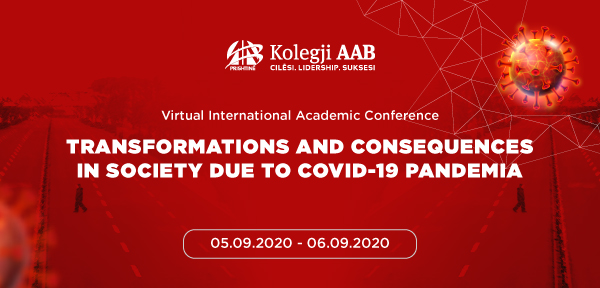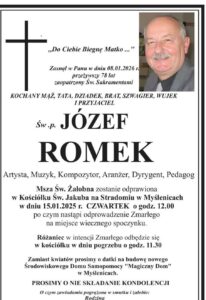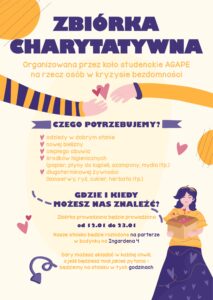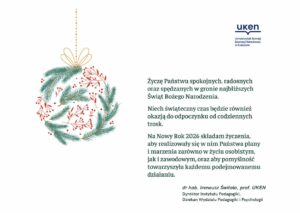Zaproszenie do udziału w konferencji

Zapraszamy do udziału w konferencji „TRANSFORMATIONS AND CONSEQUENCES IN SOCIETY DUE TO COVID-19 PANDEMIA”, która odbędzie się w dniach 05.09.2020 – 06.09.2020 w AAB University Kosowo. Instytut Nauk o Wychowaniu jest partnerem merytorycznym międzynarodowego wydarzenia.
Type: Virtual International Academic Conference
The Covid-19 pandemic changed almost every aspect of life and society. Some sectors of society were paralyzed and some were transformed. The man faced the fear of survival due to the dangerous virus. Some services and some manufacturing sectors were blocked, others were transformed to adapt to the new way of managing in pandemic time. Traditional education was transformed and introduced online. Communication in society through technology was considered more useful than ever before.
Even the fear of economic and social difficulties increased. Many jobs were cut, some production was halted, and some services were suspended for a period of time. Subsequently, economists raised concerns on major economic consequences with prolonged recessions. But on the other hand, e-business remained the sector that was not hit by a global pandemic. In addition to increased revenues, this sector has begun to be seen as the medium with the largest opportunities worldwide, and as the only one that generates jobs and payments in any crisis situation. This crisis, among other things, showed that the Internet through fibre optics is irreplaceable in transactions and online work including the impeccable role of programmers, online platforms, and similar activities.
Governments and their health systems, in order to contain and fight the pandemic, have faced challenges in: (i) offering health services to prevent pandemics and its non-recurrence, as well as, (ii) applying learned lessons, immediate planning in the event of future potential outbreaks The world closed while the individual was quarantined on his/her return to his/her country. Freedom of movement and human rights were restricted. Various government crisis management strategies have emerged in the world, as well as various conducts in respecting government measures. There were also places where violators of the restriction of the movement were fined and punished.
The justice system was paralyzed and court hearings went beyond the procedures provided. The administrations went online to the extent possible. In international relations, diplomacy restored the discourse of close national values and interests. There were also individual nationalist outbursts of political actors in Europe. Kosovo proved to be a typical example where politics competed over pandemics control struggles.
Despite the isolation, the frequency of communication increased. Technology and the media emerged as the biggest mitigators of physical isolation. Virtual socialization strengthened. The closed individual became an even bigger consumer of the media, with a burst of unverified messages and information. The importance of media work increased, but at the same time, some were hit financially by the inactivity of other businesses.
Education turned almost entirely online. Schools, nurseries and kindergartens, as well as all other educational institutions, were closed. E-learning, distance learning were no longer concepts used only by a few institutions, but were introduced into mass use. There were also online graduation ceremonies. The challenge remains how it will be applied in the future, but also what are the vulnerabilities and losses from this imperative and immediate transformation.
But the pandemic caused the foundation of the society, i.e. the family, to be more united than ever before. However, the isolated daily routine and the fear of the virus at the same time along with the concern for social security, also revealed cases of increased domestic violence in some countries, but with isolated effects on mental health.
Sports and other physical activities to strengthen the human immune system were transformed into home conditions, while cultural and artistic values were consumed by the media. Social distance measures have had a significant effect on sporting events. Every aspect of the sport has been affected, from athletes to media coverage. Exhibitions, concerts, musical performances, museum visits, and cultural heritage sites were transformed online. Online cultural tourism strengthened. Enjoying the aesthetics and evoking emotions from this type of consumption remains to be discussed.
Given the above reasons, the main purpose of the conference is to bring together researchers from different fields and countries to provide scientific knowledge on the transformations and consequences of pandemics, through an interdisciplinary approach and with an open, innovative, and widely distributed approach.
- Institute of Educational Studies, Pedagogical University of Cracow, Poland
- Faculty of Criminalistics, Criminology and Security Studies, University of Sarajevo
- Department of Journalism and Communication, University of Tirana
- Faculty of Pedagogy – St. Climent Ohridski University-Bitola, North Macedonia
- University of Structural Engineering & Architecture ‘Lyuben Karavelov’, Sofia
- Communication Institute of Greece, Athens



